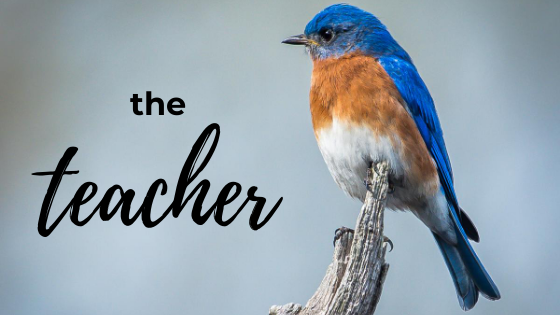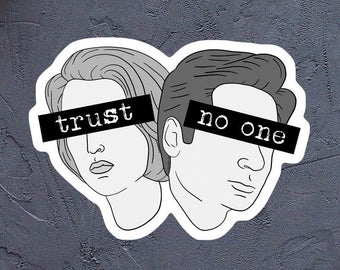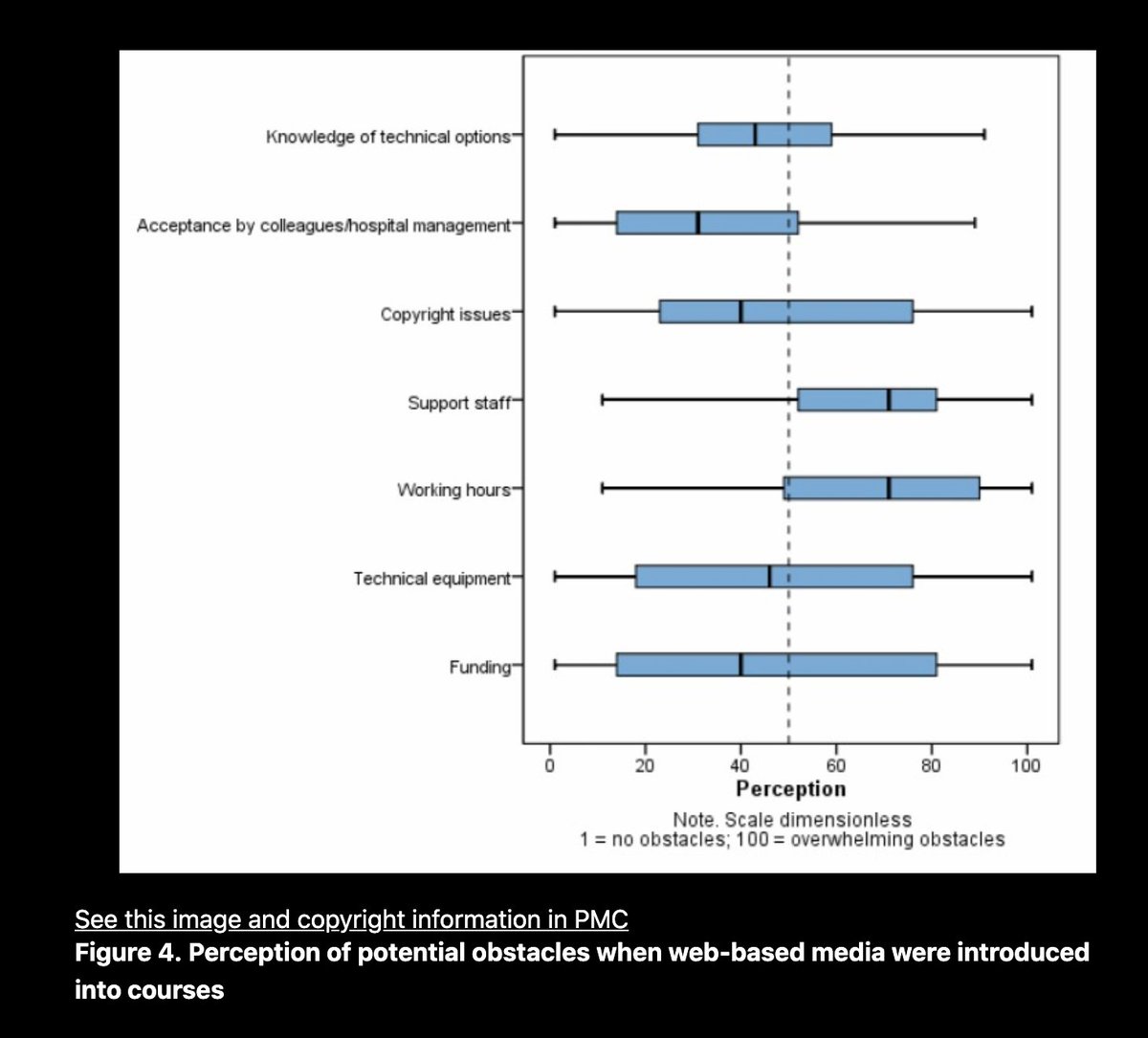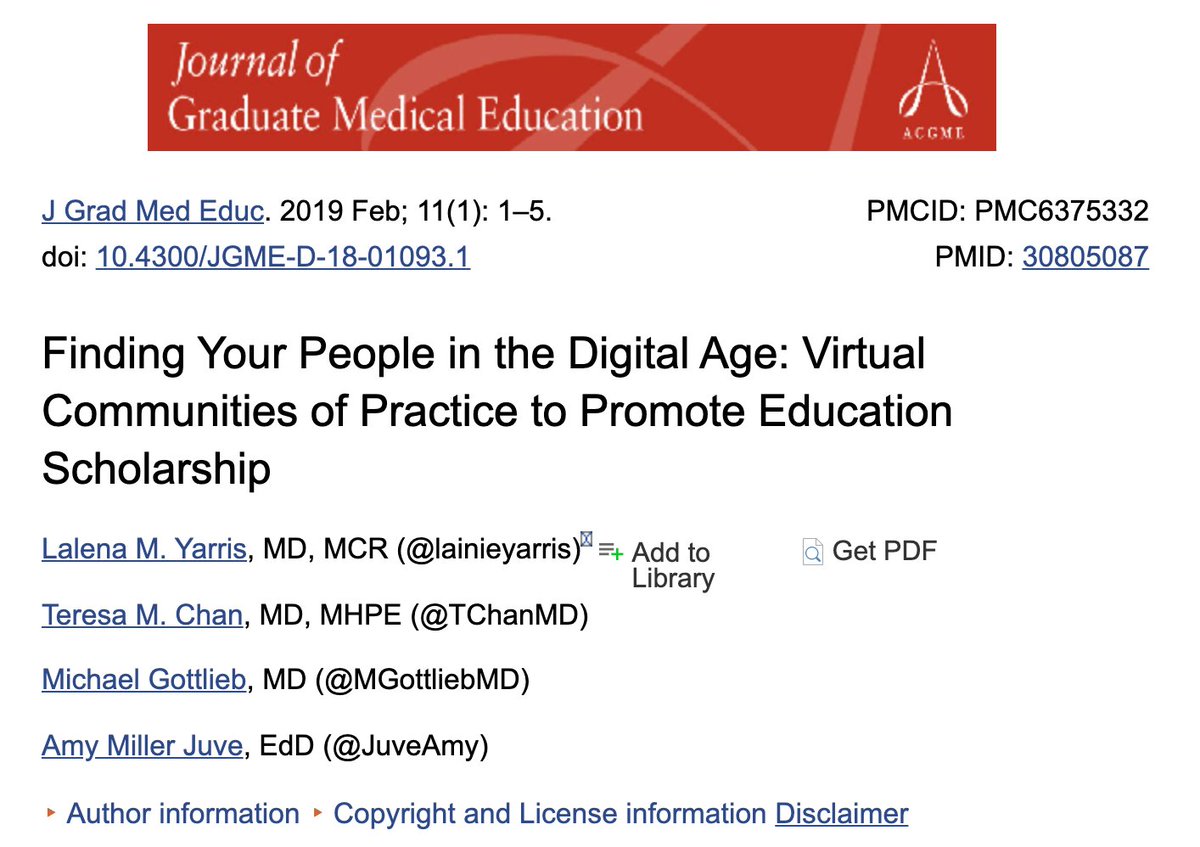After looking at some learning theory and a little look at if Twitter is any good for the learner it is time to take a look at what it can (or cannot do) for the teacher
Looking through the lens of connectivism where knowledge is a product of the intersectional nodes created online you might wonder what is the point of a teacher?
In the 'traditional' pedagogy the teacher is the gatekeeper of knowledge, passing out morsels of knowledge to those they deem worthy
In a connectivist Twittersphere, the teacher is the guide showing the learners the way
The teacher can point to trusted, up-to-date and relevant sources of information and push them to the mobiles of the students (MacArthur & @kbconway1 2012)
Who do YOU trust?
http://bit.ly/MacArthurBC
Who do YOU trust?
http://bit.ly/MacArthurBC
The teacher is not limited to pushing a single quantum of knowledge (Big G would have you think that it is known as a knol, but I'm not buying it) and can thread many ideas into a single thread....
Though some have tried the even more adventurous 'choose your own adventure'. The master of this is @ChrisCarrollMD. https://www.kevinmd.com/blog/2017/09/gamification-medical-education-choose-medventure.html
Though you can see these threads and adventures can take time to produce it is a step too far for many (Vogelsang et al. 2018)
http://bit.ly/Vogelsang2018
http://bit.ly/Vogelsang2018
Other barriers to using Twitter included lack of technical chops and lack of institutional support (?) -
Moving the personal learning environment into the digital space allows for an asynchronous increase in the cognitive, social and teacher presence (Lombard & Ditton 1997). There is always someone online to encourage and motivate http://bit.ly/Lombard1997
Educators getting on Twitter also allows for the formation of their own virtual Communities of Practice to provide support and expertise that may not be available locally (Yarris et al 2019)
*everyone should have their handles in their byline btw
http://bit.ly/Yarris
*everyone should have their handles in their byline btw
http://bit.ly/Yarris
@reyjunco et al. 2012 found that students exposed to a Twitter-centred program had better end of semester results
http://bit.ly/Junco2012
http://bit.ly/Junco2012
Scheduled tweets prompting guided reading have also improved in-service training exam scores (Lamb et al 2017) - so perhaps those reminders help prime those little grey cells http://bit.ly/LLamb2017
As well as a tool for summative assessment Twitter has also been used for more formative assessments as questions are tweeted out for the class to answer in real-time with the responses displayed in a Twitter wall (Kim et al. 2015)
http://bit.ly/KimSmart2015
http://bit.ly/KimSmart2015

 Read on Twitter
Read on Twitter








